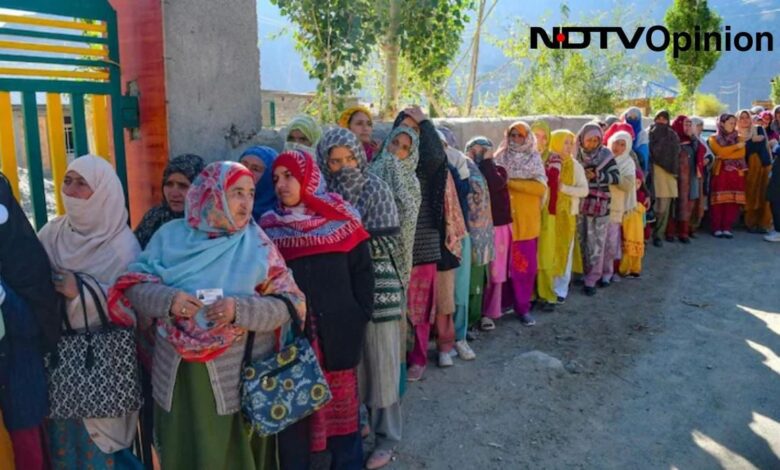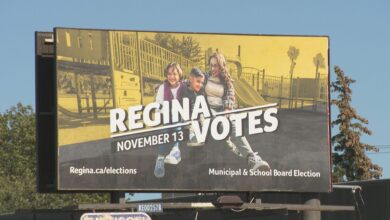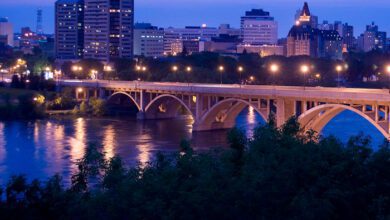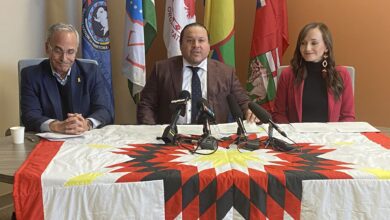
Jammu & Kashmir will vote for 26 seats in Phase 2 on September 25. This brings the total votes cast to 50 seats, with 40 more to be held on October 1 in the final phase. Following a decade of unrest, a high turnout of 61.38% was recorded in Phase 1.
The participation of numerous independents and smaller parties suggests enthusiasm and a willingness to integrate into mainstream Indian politics, which is promising for our democracy.
Bread-and-butter issues such as unemployment, inflation, and development dominate the discourse, with voters opting for ballots over bullets.
Leaders from major political parties, including the Bharatiya Janata Party (BJP), the National Conference (NC), the People’s Democratic Party (PDP), the Congress, and other regional players, have been actively addressing public rallies, highlighting their agenda and promising development and stability for the region.S
A total of 239 candidates are contesting for 26 seats, averaging 9.2 candidates per seat – similar to 2014. Fifteen of these seats are in the Kashmir Valley, including in the districts of Srinagar, Budgam, and Ganderbal. Habbakadal has the highest number of candidates, with 16 contesting, while Budhal has the lowest, with just four.
In Jammu, 11 seats are up for grabs, including in districts such as Rajouri, Poonch, and Reasi. Eight of these seats are in Muslim-majority areas, bordering the valley. In Poonch, Hindus make up 7% of the population; in Rajouri, they constitute 35%; while in Reasi, the population is almost equal.
Candidates In The Fray
Candidates in the fray include 20 from the National Conference (Abdullah family), six from the Congress, 17 from the BJP, 26 from the PDP (Mufti family), 16 from the Apni Party (a splinter group of PDP founded by Altaf Bukhari), five from the People’s Conference (Sajjad Lone’s party), 14 from the Awami Ittehad Party (AIP, started by Engineer Rashid), and three from Democratic Progressive Azad Party (DPAP, by Ghulam Nabi Azad). Additionally, there are 99 independents and 47 candidates from smaller parties, comprising 55% of the total candidates.
The second phase of the Jammu and Kashmir Assembly elections is crucial for the leading political parties, with constituencies of many prominent candidates at stake. Former Chief Minister Omar Abdullah, Apni Party’s Altaf Bukhari, and BJP’s Ravinder Raina are among the 239 candidates contesting across 26 constituencies.
Omar Abdullah, son of National Conference chief Farooq Abdullah, is contesting from two constituencies-Budgam and Ganderbal. BJP president Ravinder Raina is seeking re-election from Nowshera in Rajouri district. This time, he faces a challenging contest against former party colleague Surinder Choudhary, who has been nominated by the National Conference.
Jammu and Kashmir Congress chief Tariq Hameed Karra is eyeing the Central Shalteng seat in Srinagar, running against the PDP’s Abdul Qayum Bhat. Karra was previously a member of the PDP and left Mehbooba Mufti’s party in 2016, having been a vocal critic of the BJP-PDP alliance.
Altaf Bukhari of the Apni Party, the wealthiest candidate in this phase with assets exceeding ₹165 crore, is contesting from the Channapora seat in Srinagar.
Jailed cleric Sarjan Ahmad Wagay, known as Sarjan Barkati, has filed nominations from two seats – Ganderbal against Omar Abdullah and Beerwah. He was a prominent figure during protest rallies in Shopian and Kulgam in 2016, following the killing of Hizbul Mujahideen commander Burhan Wani.
Following the delimitation process, five seats no longer exist: Darhal and Gool Arnas in Jammu, and Sonawar, Batmaloo, and Amira Kadal in Kashmir. Six new seats have been created: Budhal (ST), Thannamandi (ST), and Shri Mata Vaishno Devi in Jammu, along with Central Shalteng, Chanapora, and Lal Chowk in Kashmir.
Trends From 2014 Elections
In 2014, out of 25 seats, the NC won eight, the PDP 10, the BJP three, the Congress three, and Others one. A close contest was seen in 15 seats, with victory margins of 10% or less. Notably, the second runner-up received more votes than the victory margin in 13 seats, complicating the results.
In terms of vote share, the Congress recorded 13%, the PDP 32%, the NC 30%, the BJP 11%, and Others 13%. Had the NC and the Congress contested in alliance in 2014, they could have won 16 out of the 25 seats.
Central Kashmir is a traditional stronghold of the National Conference, though the PDP performed better in the 2014 state elections. In both 2019 and 2024 Lok Sabha elections, the NC won the Srinagar seat in Central Kashmir, achieving a 53% vote share in 2024.
Can Vote-Splitters Queer The Pitch?
The Apni Party and Engineer Rashid’s party threaten the prospects of legacy players like the NC and the PDP. Many former separatists are contesting as independents and could act as vote-splitters. The NC and the PDP allege that the BJP is behind the rise of these new parties and candidates, claiming they are proxies for the saffron party.
In Jammu, only 79 candidates are contesting for 11 seats (over seven per seat), while 160 candidates are running for 15 seats in the Kashmir Valley (over 10 per seat). This indicates a greater presence of independents and smaller parties in the valley compared to Jammu.
For the first time, nine seats have been reserved for the ST community, with seven voting in this phase – six in Jammu and one in Kashmir. Five of the ST-reserved seats are in Rajouri and Poonch, regions where the Muslim population is significant. This demographic trend poses a challenge for the BJP, which won only two seats in 2014.
The BJP hopes to gain ground by including the Paharis under the ST category, aiming to fulfil their long-standing demands. The Pahari-speaking community makes up 56% of the population in Rajouri and Poonch, compared to the overall state figure of 8%. This move has faced opposition from the Gujjars and Bakerwals, whom the NC-Congress alliance seeks to appeal to, making up around 12% of the state’s population.
A fascinating contest is set for Phase 2 that will significantly influence the future of J&K politics.
(Amitabh Tiwari is a political strategist and commentator. In his earlier avatar, he was a corporate and investment banker.)
Disclaimer: These are the personal opinions of the author




